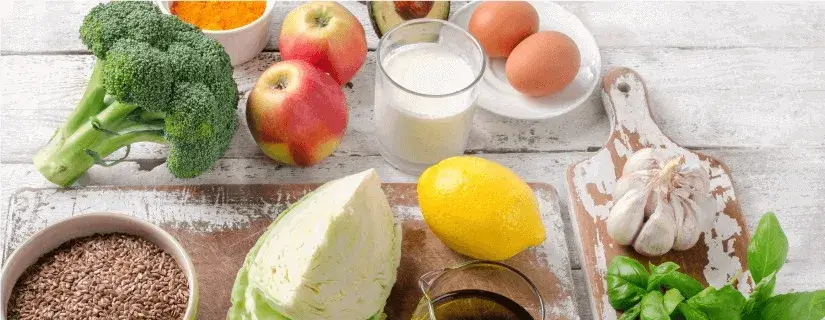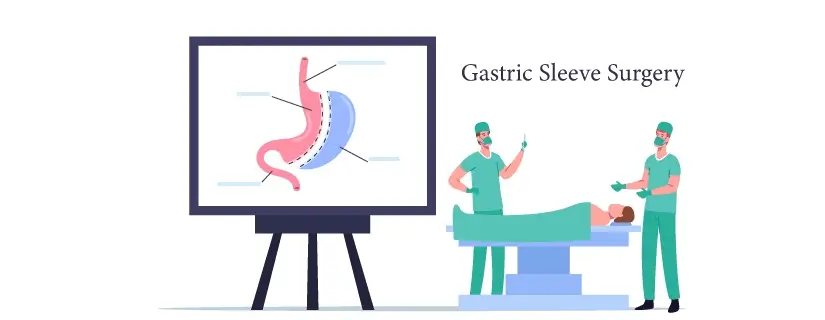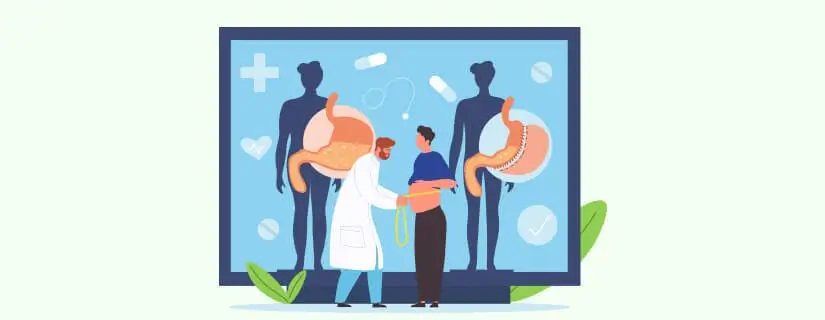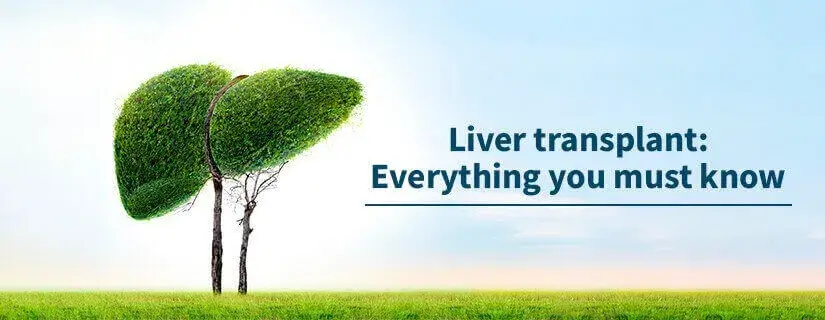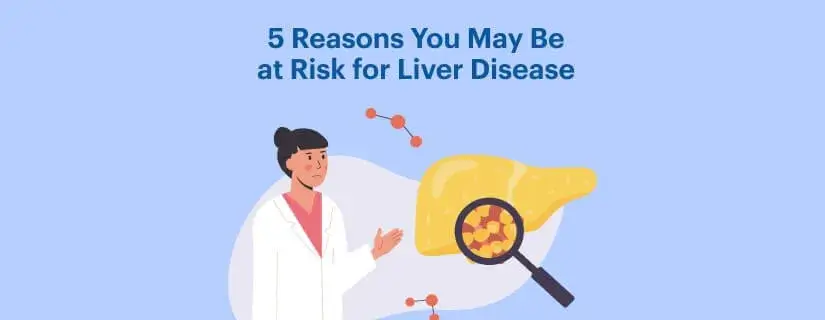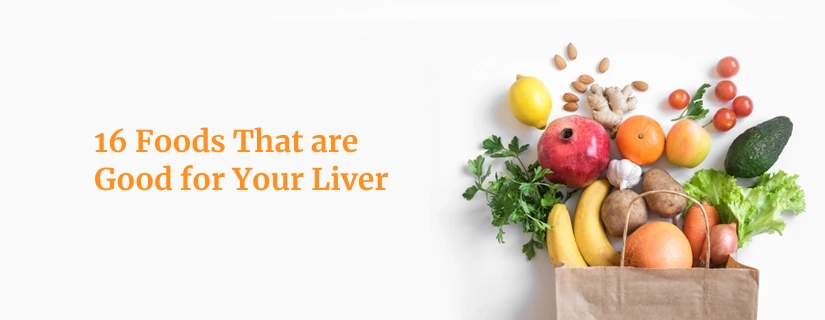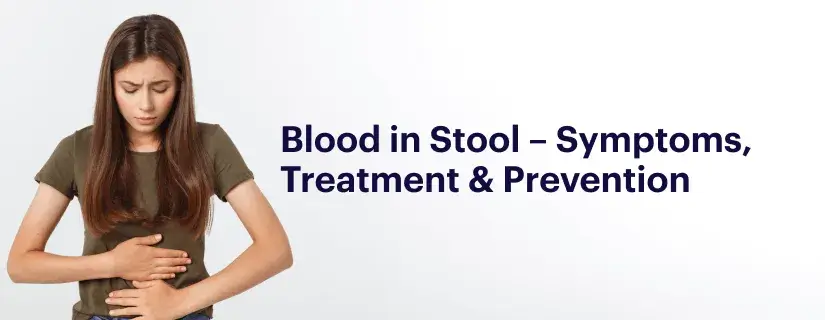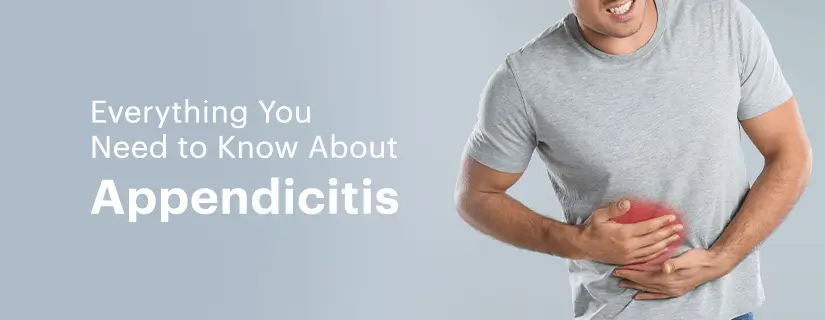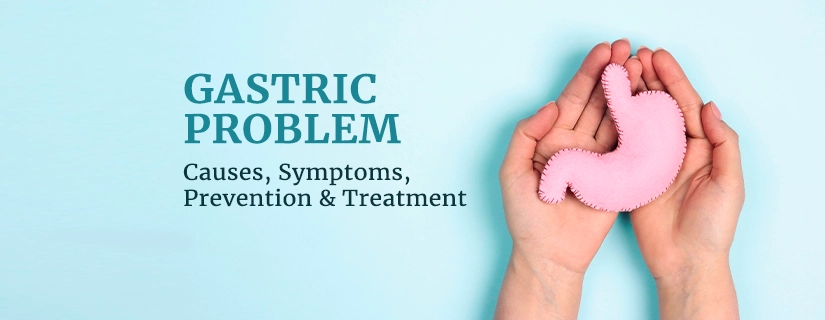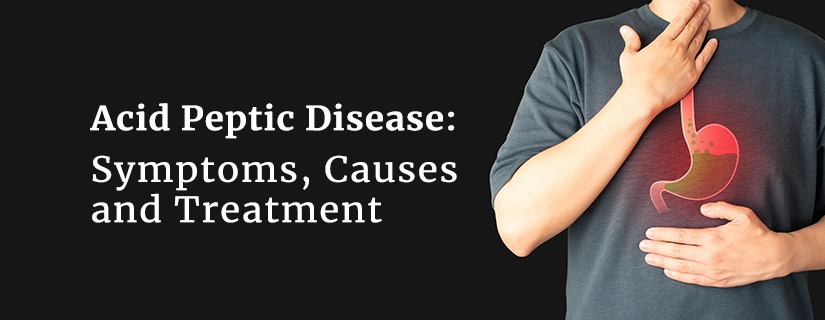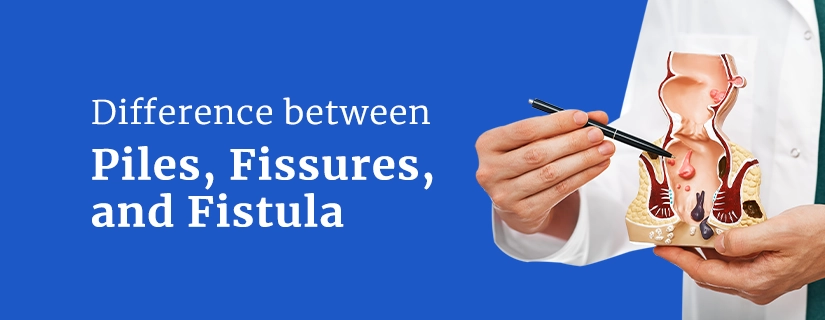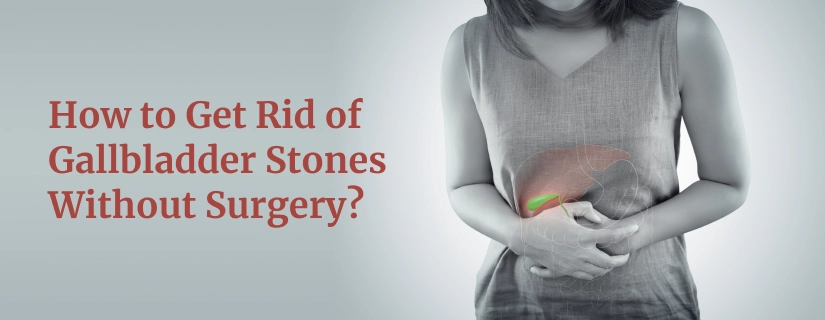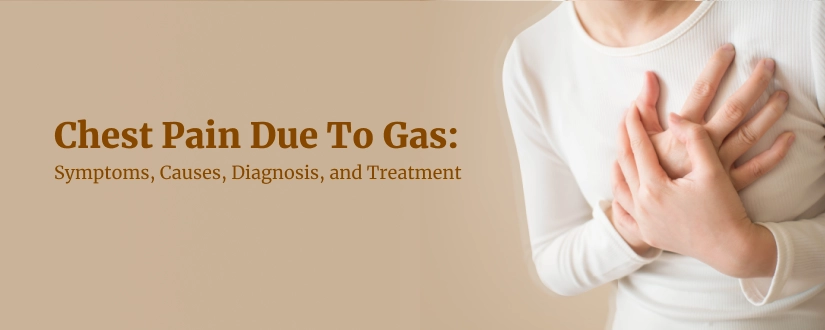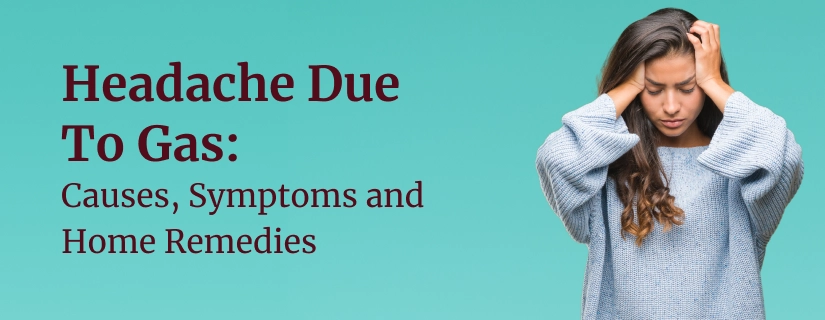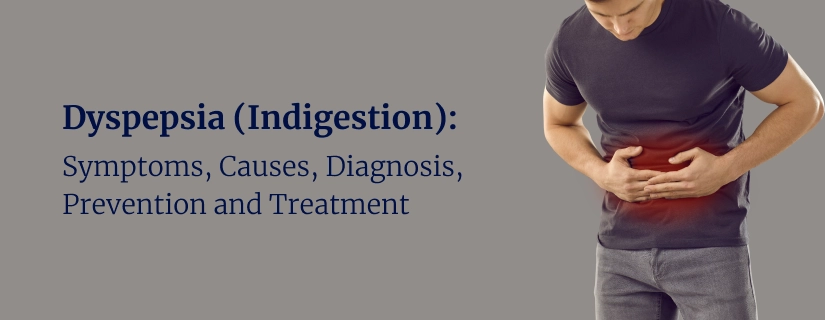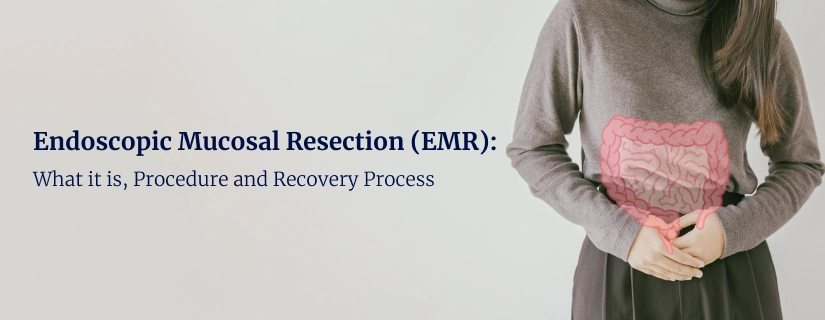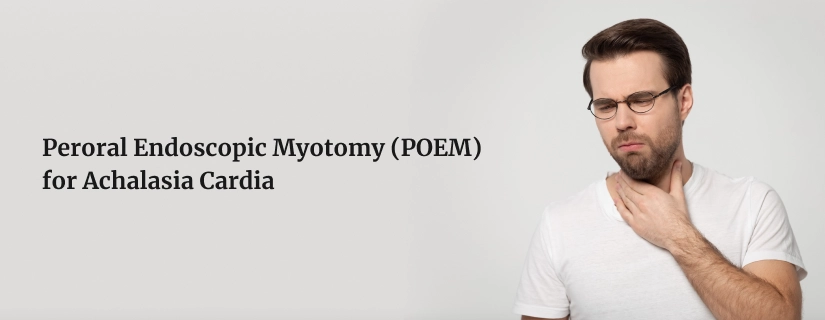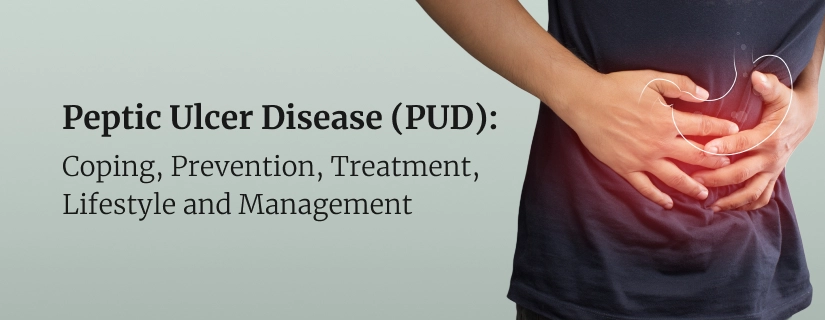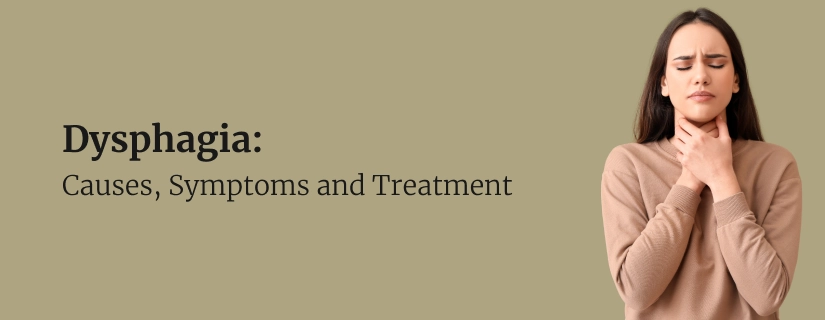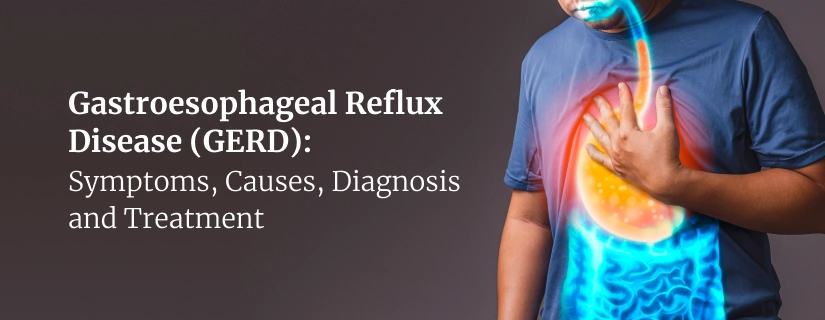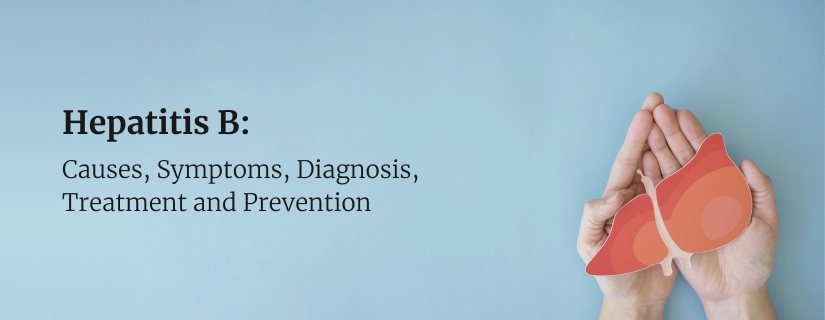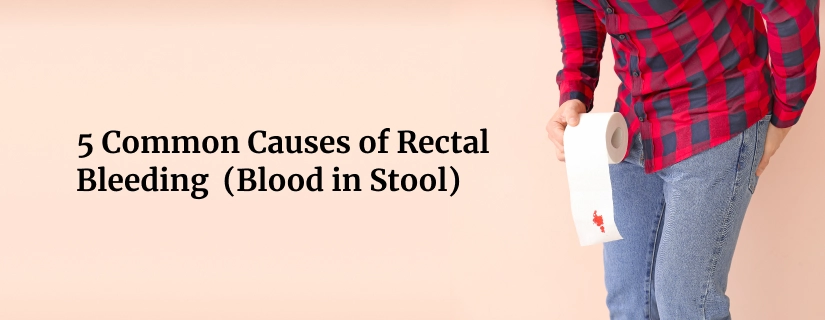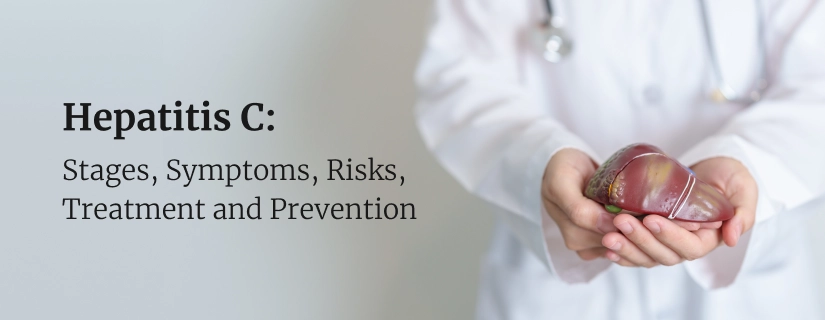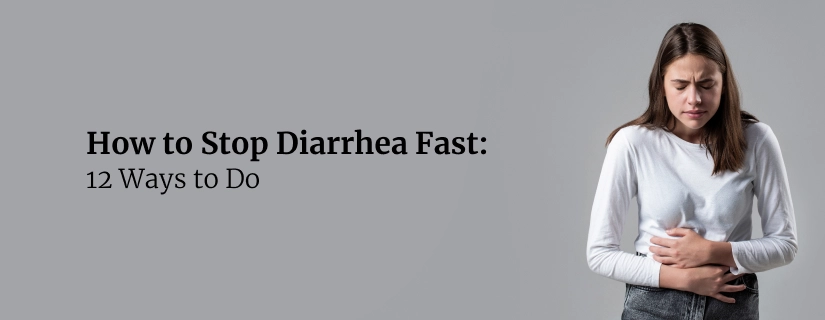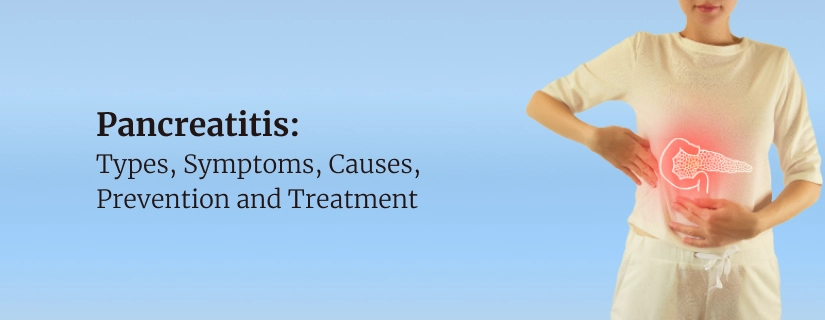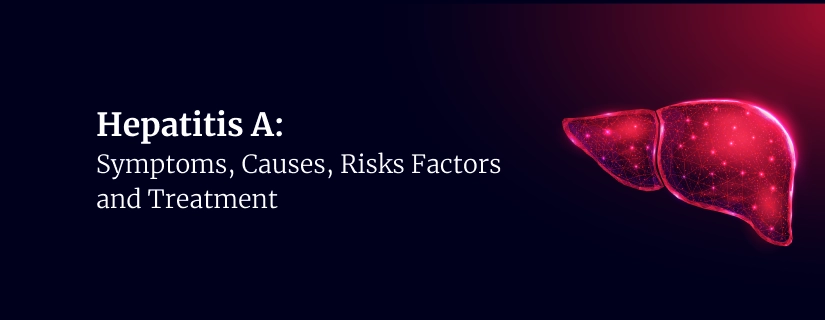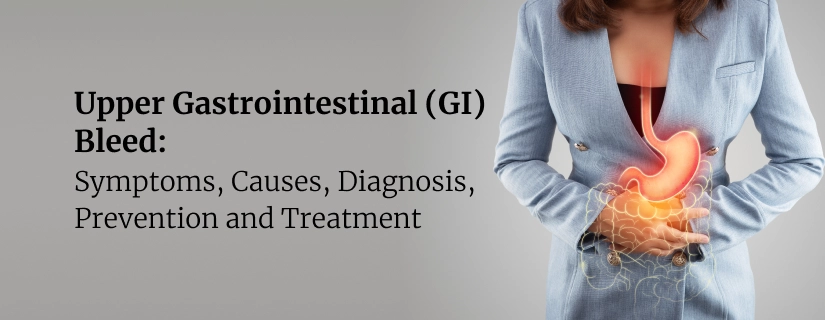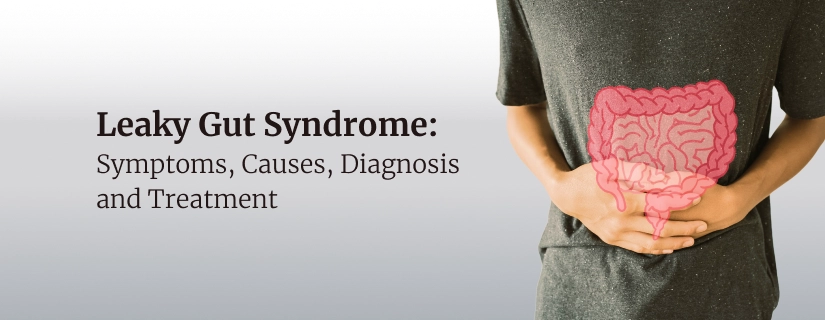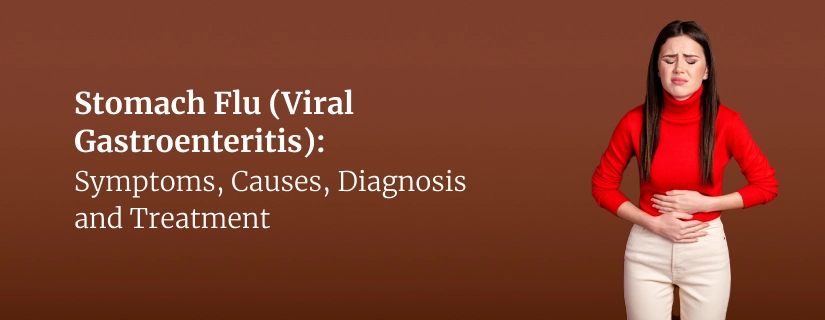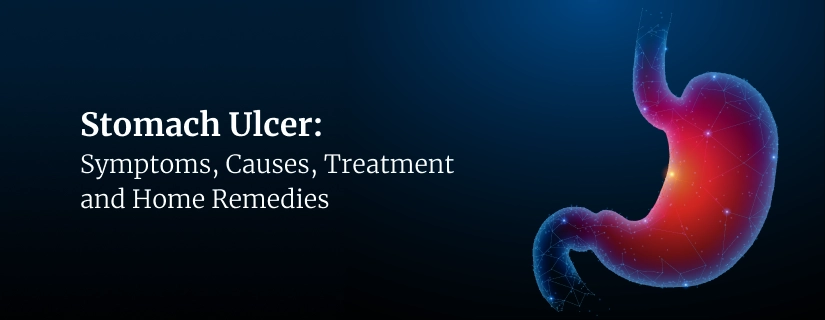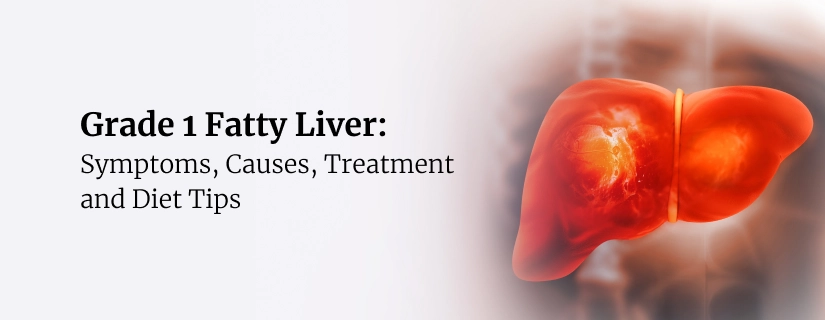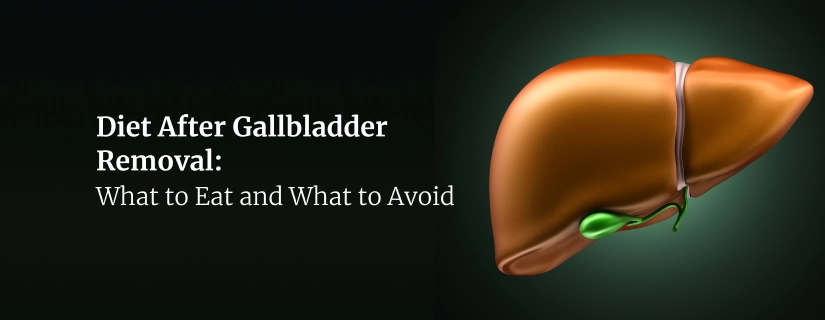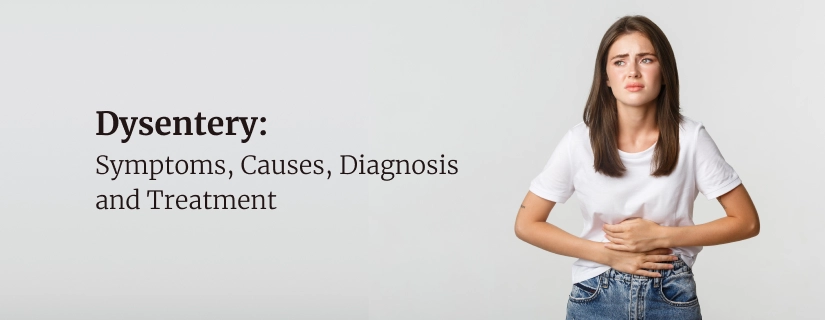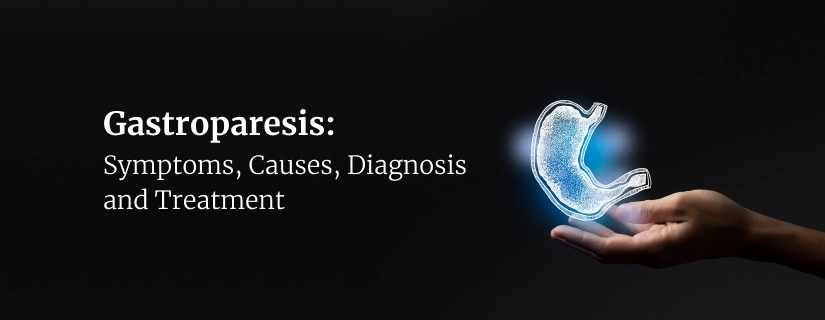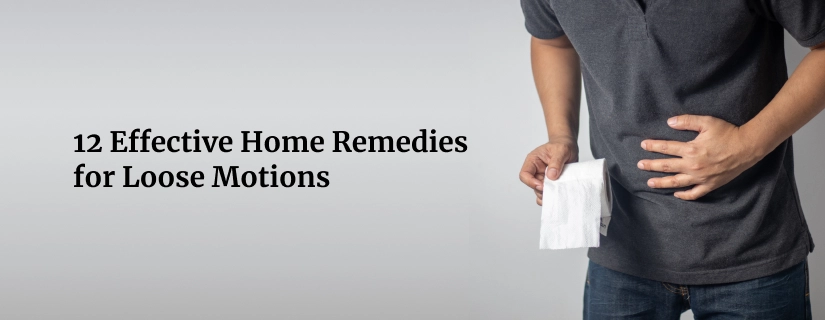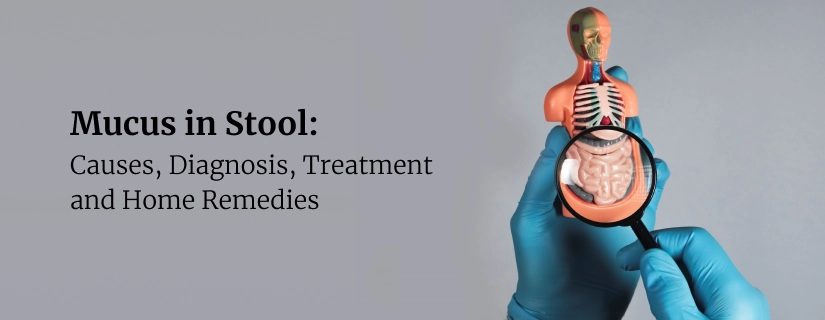-
Doctors
-
Specialities & Treatments
Centre of Excellence
Specialties
Treatments and Procedures
Hospitals & Directions HyderabadCARE Hospitals, Banjara Hills CARE Outpatient Centre, Banjara Hills CARE Hospitals, HITEC City CARE Hospitals, Nampally Gurunanak CARE Hospitals, Musheerabad CARE Hospitals Outpatient Centre, HITEC City CARE Hospitals, Malakpet
HyderabadCARE Hospitals, Banjara Hills CARE Outpatient Centre, Banjara Hills CARE Hospitals, HITEC City CARE Hospitals, Nampally Gurunanak CARE Hospitals, Musheerabad CARE Hospitals Outpatient Centre, HITEC City CARE Hospitals, Malakpet Raipur
Raipur
 Bhubaneswar
Bhubaneswar Visakhapatnam
Visakhapatnam
 Nagpur
Nagpur
 Indore
Indore
 Chh. Sambhajinagar
Chh. SambhajinagarClinics & Medical Centers
Book an AppointmentContact Us
Online Lab Reports
Book an Appointment
Consult Super-Specialist Doctors at CARE Hospitals
Gastritis Diet: Foods to Eat and Avoid
Updated on 11 December 2023
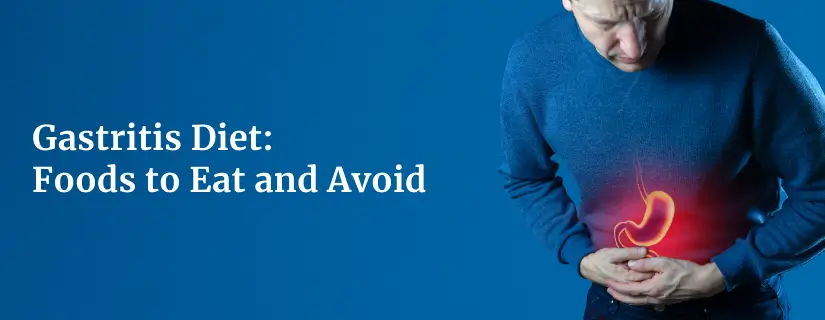
Gastritis refers to any condition in which the inner stomach lining becomes inflamed. It can be acute or chronic. Acute gastritis may occur suddenly and have severe symptoms, while chronic gastritis may last longer. There are various symptoms of gastritis, including:
- Abdominal pain
- Indigestion
- Bloating
- Feeling full
- Nausea
For most people, gastritis may not be a problem and can go away without medical intervention. However, some forms of gastritis can lead to stomach ulcers and even increase the risk of cancer. A gastritis diet consisting of certain foods and avoiding others can help manage gastritis symptoms.
Primarily, gastritis diet meals should not contain foods that are too spicy, acidic, sugary, deep-fried, caffeinated, fatty, or heavily processed. Foods to eat with gastritis should be bland and low in sugar, salt, acid, and saturated fat. The duration of the gastritis diet may depend on the frequency and severity of gastritis symptoms, as well as the underlying cause of gastric inflammation.
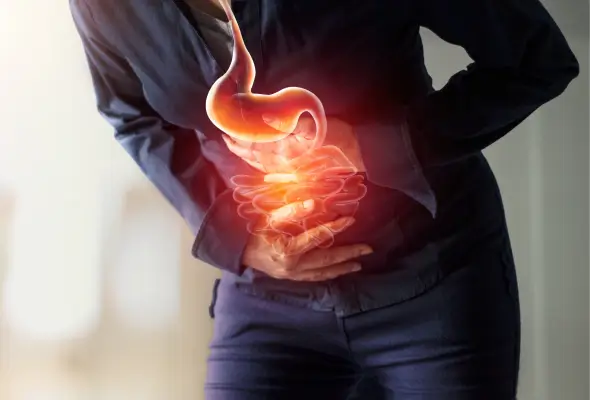
Causes of Gastritis
Gastritis is a condition characterized by inflammation of the lining of the stomach. Several factors can contribute to its development:
- Helicobacter pylori infection: This bacterium is one of the most common causes of gastritis. It infects the lining of the stomach, leading to inflammation and irritation.
- Nonsteroidal anti-inflammatory drugs (NSAIDs): Regular use of medications like aspirin, ibuprofen, and naproxen can irritate the stomach lining, leading to gastritis.
- Alcohol: Excessive alcohol consumption can irritate the stomach lining and increase the risk of developing gastritis.
- Stress: While stress alone might not directly cause gastritis, it can exacerbate symptoms or contribute to the development of gastritis by increasing stomach acid production.
- Bile reflux: Bile reflux occurs when bile, a digestive fluid produced by the liver, flows backward from the small intestine into the stomach, irritating the stomach lining and causing inflammation.
- Autoimmune gastritis: In this condition, the body's immune system mistakenly attacks the cells in the stomach lining, leading to inflammation and gastritis.
- Infections: Besides H. pylori, other infections, such as viral infections, can cause gastritis.
- Smoking: Smoking can weaken the stomach's protective lining and increase stomach acid production, contributing to gastritis.
- Chronic vomiting: Conditions that lead to frequent vomiting, such as bulimia or other eating disorders, can irritate the stomach lining and cause gastritis.
- Certain medical conditions: Conditions like Crohn's disease, HIV/AIDS, and certain types of cancers can increase the risk of developing gastritis.
Treatments for Gastritis
Treatment for gastritis depends on the underlying cause and severity of symptoms. Here are some common treatment approaches:
- Medications:
- Antacids: These medications help neutralize stomach acid and provide relief from symptoms like pain and discomfort.
- Proton pump inhibitors (PPIs): PPIs reduce the production of stomach acid and help heal the stomach lining. Examples include omeprazole, esomeprazole, and lansoprazole.
- H2-receptor antagonists: These medications reduce stomach acid production and can help alleviate symptoms. Examples include ranitidine, famotidine, and cimetidine.
- Antibiotics: If the gastritis is caused by an H. pylori infection, a combination of antibiotics is prescribed to eradicate the bacteria.
- Avoiding Irritants:
- NSAIDs: If gastritis is caused or exacerbated by NSAID use, avoiding these medications or using alternative pain relief methods is recommended.
- Alcohol and smoking: Limiting or avoiding alcohol consumption and quitting smoking can help reduce irritation to the stomach lining.
- Dietary Changes:
- Following a bland diet: Avoiding spicy, acidic, or irritating foods can help reduce symptoms.
- Eating smaller, more frequent meals: This can help prevent excess stomach acid production and reduce discomfort.
- Managing Stress:
- Stress reduction techniques such as meditation, yoga, or deep breathing exercises may help alleviate symptoms, as stress can exacerbate gastritis.
What to Eat and What to Avoid with Gastritis
Diet plans for gastritis patients become an important factor for the digestive and overall health. Here is a list of foods to eat and avoid with gastritis to relieve symptoms and help individuals feel better.
Foods to Eat
The cause of chronic gastritis is usually not related to diet, but patients suffering from gastritis may find that some foods help relieve symptoms when included in their diet. Here are some good foods for individuals with gastric problems.
- Fruits and Vegetables: Consume low-acid fruits and vegetables, such as bananas, apples, berries, carrots, pumpkins, and green leafy vegetables. The vegetables and fruits added to the diet to avoid gastritis should not be acidic or spicy in nature.
- Whole Grains: Include whole grain foods in your diet if you have gastritis. These may include brown rice, whole grain bread, whole wheat pasta, oats, barley, and quinoa. Whole grains are excellent for gastric ulcer patients due to their bland nature and high fibre content. If symptoms of gastritis, such as gas and bloating, make it difficult to consume food, you can opt for plain white rice and potatoes as they are easy to digest and gentle on the stomach.
- Dairy: You can consume low-fat dairy products like low-fat milk and nonfat plain yogurt. Yogurt is a good choice as it contains healthy probiotics that may help manage bacterial infections in the stomach and gut.
- Proteins: Eggs, fish, lean meats, legumes, and beans are good foods to eat for gastritis, as they are rich in protein and can make the stomach feel fuller, preventing overeating and further irritation. Chicken can also be consumed without rich preparations or in broth-based soups to soothe the stomach.
- Snacks: Fresh berries and fruits such as apples, bananas, and melons can be excellent additions to your diet to avoid gastritis, replacing processed and refined sugar and fat-laden foods like confectionery and bakery items. Melons can also help ease gastritis symptoms.
- Beverages: Beverages play an important role in a gastritis-friendly diet. Water, water-based drinks (excluding teas or coffee), and non-dairy milk, like almond milk, can help manage gastritis symptoms. While it is generally recommended to avoid tea, peppermint, ginger, and turmeric tea have been found to be effective in easing gastritis symptoms.
Foods to Avoid
There are many foods to avoid when managing gastritis symptoms. Here are some foods you should not eat with gastritis.
- Fruits and Vegetables: Fruits and vegetables are integral to the diet, but there are certain foods to avoid when it comes to gastritis. It is important to avoid acidic fruits, such as citrus fruits (oranges, lemons, limes), and tomatoes, as well as spicy vegetables with a strong flavour like onions, garlic, peppers, and chilies. Such fruits and vegetables often tend to irritate the stomach lining, further worsening gastritis symptoms.
- Grains: Corn and corn products, such as cornbread, corn syrup, and baby corn, as well as refined flour and its products like noodles and pasta, should be avoided because these products may contain sugars that can worsen gastritis.
- Dairy Products: Fat tends to worsen the gastritis condition by irritating the stomach lining and upsetting the stomach. Full-fat dairy products like milk, butter, and ghee are among the foods to avoid if you have gastritis. Even ice creams, cheeses, sauces, and puddings made using dairy products should be avoided.
- Fatty Proteins: As mentioned earlier, fatty foods can worsen gastritis, which can include red meat and fatty parts of meat, along with poultry livers. Nuts and nut butters are also among the foods to avoid when suffering from gastritis.
- Desserts: Most of the processed and refined foods, such as baked items, pastries, cakes, chocolates, chips, pizzas, etc., are high in fat and sugar. Such processed foods are extremely problematic and should be avoided at all costs when suffering from gastritis.
- Drinks and Beverages: Sugary beverages, coffee, sodas, and acidic fruit juices, such as orange juice or lime juice, should be avoided. Even tomato juice and its usage should be avoided as tomatoes are acidic in nature. Caffeine is acidic in nature and should not be used in any form. In addition to caffeinated drinks, decaffeinated coffees should also be avoided as they tend to contain quite a high amount of sugar. Other forms of caffeinated beverages and drinks that need to be avoided include black teas, green teas, hot cocoa, and even energy drinks, which tend to contain high amounts of sugar.
Alcohol including beer, wine, and spirits, should be avoided at all costs. Alcohol not only tends to irritate the stomach lining but also interferes with the treatments used for gastritis.
Conclusion
When preparing a diet plan of what foods to eat and avoid in gastritis, it is important to be mindful of the portion size. To prepare a proper diet for gastritis, it may be beneficial to consult a certified dietitian or nutritionist. However, if the symptoms of gastritis are severe or an individual is suffering from chronic gastritis, it may be beneficial to seek a doctor's advice, as symptoms of gastritis tend to subside quickly after treatment begins.
Dt. Ms Sunitha
Sr Dietician
CARE Hospitals, Musheerabad, Hyderabad
FAQs
1. Are gastritis and ulcers the same?
No, gastritis and ulcers are not the same. Gastritis is inflammation of the stomach lining, while ulcers are sores that develop in the lining of the stomach or small intestine.
2. Can gastritis cause high blood pressure?
Gastritis itself typically doesn't directly cause high blood pressure. However, if gastritis is caused by factors like stress or certain medications, and those factors contribute to high blood pressure, there might be an indirect connection.
3. Can gastritis cause weight loss?
Yes, severe gastritis can lead to weight loss. When the stomach lining is inflamed, it can affect digestion and nutrient absorption, which may result in weight loss if not properly managed.
4. Is egg good for gastritis?
Eggs are generally considered easy to digest and can be included in a gastritis-friendly diet for many people. However, individual tolerance may vary, so it's best to observe how your body responds to eggs and consult with a healthcare provider if unsure.
5. Can I drink milk with gastritis?
While milk may provide temporary relief for some people with gastritis, it can worsen symptoms for others, especially if they have lactose intolerance or if milk triggers discomfort. It's advisable to consume milk in moderation and opt for low-fat or lactose-free options if needed.

ENQUIRY FORM
SELECT CATEGORIES
-
Neurosciences (16)
-
Neurology (37)
-
Neurosurgery (14)
-
Orthopaedics (46)
-
Oncology (33)
-
Obstetrics and gynecology (47)
-
Pulmonology (21)
-
Urology (20)
-
Nephrology (13)
-
Psychiatry (7)
-
Dietetics and Nutrition (108)
-
General Medicine (60)
-
Cardiac Sciences (30)
-
Vascular & Endovascular Surgery and Interventional Radiology (10)
-
Gastroenterology (45)
-
Endocrinology (23)
-
Plastic Surgery (10)
-
Critical Care Medicine (5)
-
COVID-19 (16)
-
Dermatology (16)
-
Emergency Care (1)
-
Ophthalmology (4)
-
Pediatrics (14)
-
Laparoscopic and Bariatric Surgery (8)
-
ENT (15)
-
Kidney Transplant (1)
-
Liver Transplantation and Hepatobiliary Surgery (5)
-
General Surgery (3)
-
Internal Medicine (5)
-
Medicine Information
14 Simple Ways to Reduce Bloating
Cyst vs Abscess: Know the Difference
YOU MAY ALSO LIKE
RECENT BLOGS
-
.webp)
12 Food Triggers for Migraines Headache
19 November 2024
Read More
-
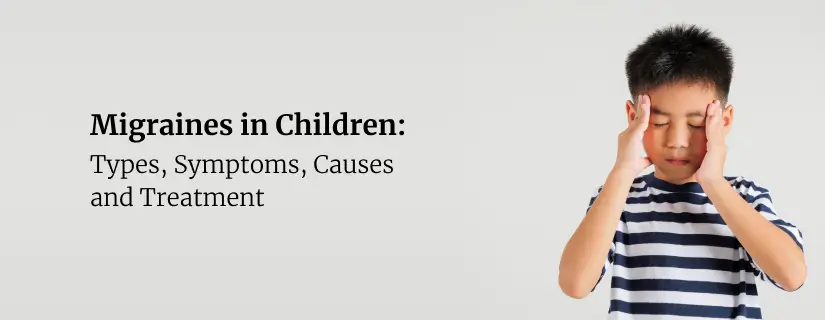
Migraines in Children: Types, Symptoms, Causes and Treatment
19 November 2024
Read More
-
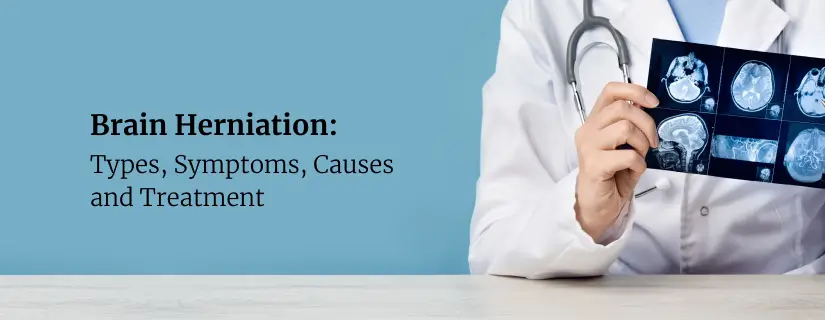
Brain Herniation: Types, Symptoms, Causes and Treatment
19 November 2024
Read More
-
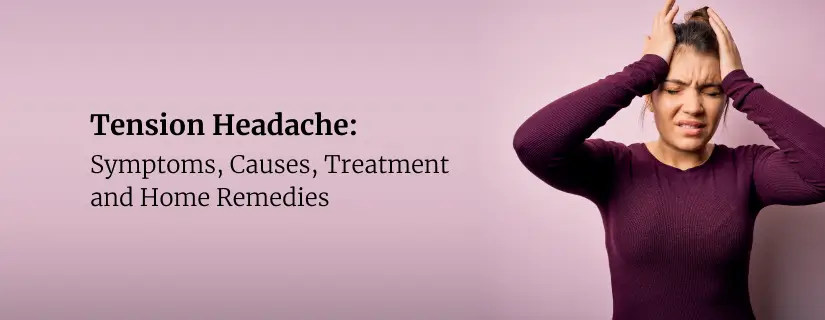
Tension Headache: Symptoms, Causes, Treatment and Home Remedies
19 November 2024
Read More
-
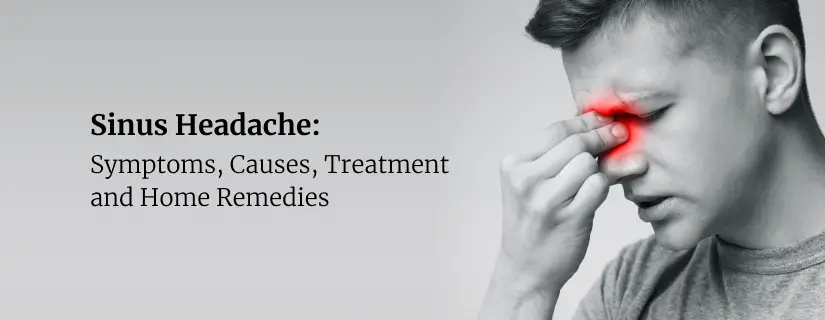
Sinus Headache: Symptoms, Causes, Treatment and Home Remedies
19 November 2024
Read More
-
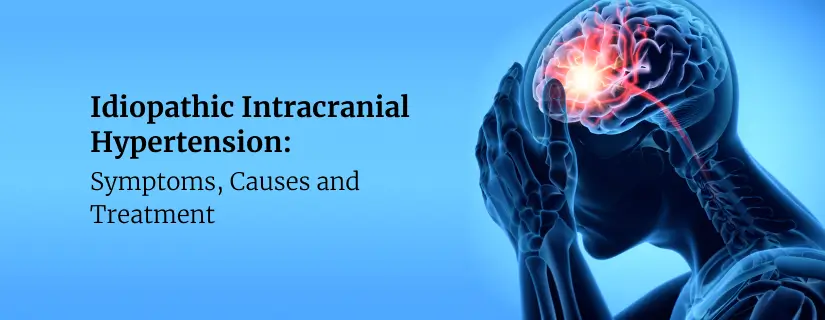
Idiopathic Intracranial Hypertension: Symptoms, Causes and Treatment
19 November 2024
Read More
-
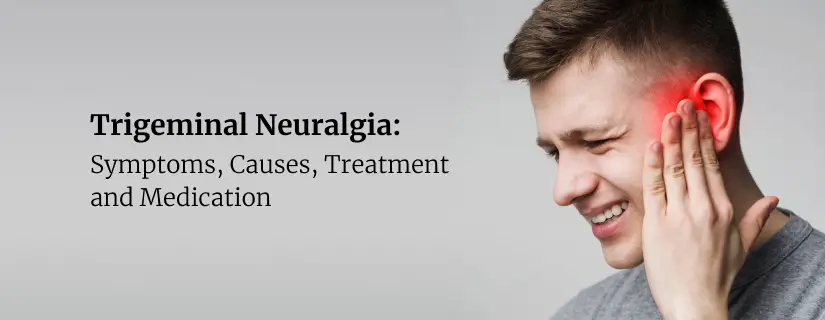
Trigeminal Neuralgia: Symptoms, Causes, Treatment and Medication
19 November 2024
Read More
-
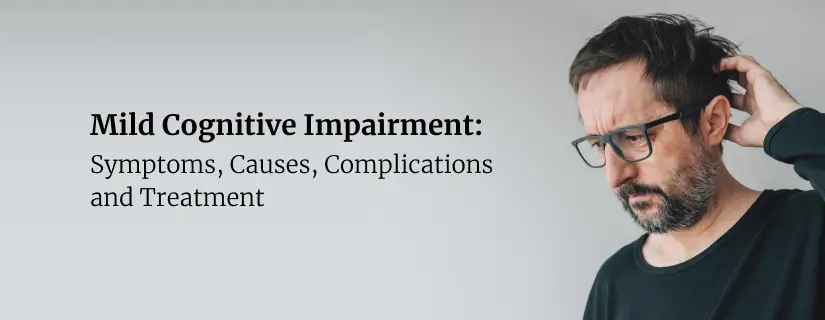
Mild Cognitive Impairment: Symptoms, Causes, Complications and Treatment
18 November 2024
Read More
Have a Question?
If you cannot find answers to your queries, please fill out the enquiry form or call the number below. We will contact you shortly.



